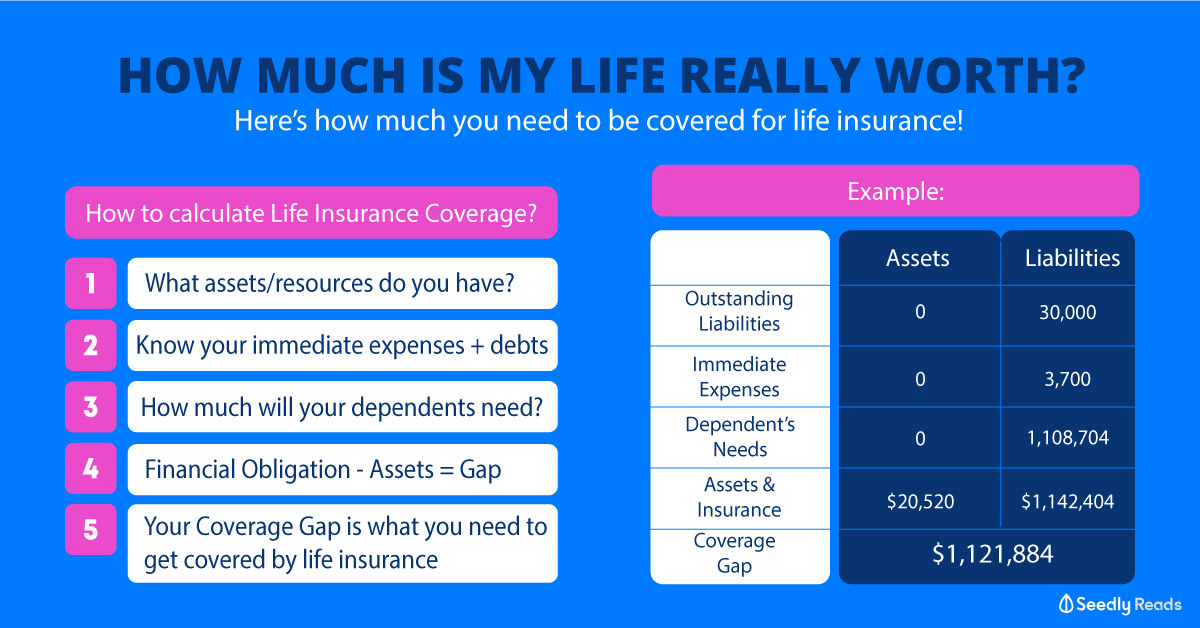Advertisement
Anonymous
How much should you set aside as an emergency fund when starting a company?
What would be a good percentage of your backers' money to set aside as an emergency fund for your startup and why?
3
Discussion (3)
Learn how to style your text
Cedric Jamie Soh
27 Dec 2019
Director at Seniorcare.com.sg
Reply
Save
Pang Zhe Liang
28 Nov 2019
Lead of Research & Solutions at Havend Pte Ltd
For companies, you will need to have a well-defined business model and plan first. From there, we will have to decide on the risk that your company needs to take in order to earn the projected return for the next 3 to 5 years. All these requires refined calculation that are often more easy said than done. Therefore, spend quality time to complete all these first.
Once the business model is up, have at least 9 to 12 months of liquidity in your business account. This ensures that you have sufficient funds to tide over hiccups or to tune up and expand your business when required.
As for investor's liquidity, it will depend on the agreement with your investors. When in doubt, always have more liquidity then you feel you will need. This ensures that your business is not over-leveraged (until it is a well-established set-up).
Additionally, it will be worthy to have your own personal emergency fund set up as well. In most cases, have at least 3 to 6 months of your personal monthly expenses that is for personal use. This is on the assumption that you are properly insured and are covered on the right areas.
Here is everything about me and what I do best.
Reply
Save
It is best that you set aside at minimum of 6 months emergency funds and ensure that you have suffic...
Read 1 other comments with a Seedly account
You will also enjoy exclusive benefits and get access to members only features.
Sign up or login with an email here
Write your thoughts
Related Articles
Related Posts
Related Posts
Advertisement








I wrote in another Entrepreneur question that "emergency fund" is not that real... when you are bootstrapping, you are doing whatever you can week by week. You calculate your inflow and plan your spending the day after you receive the revenue.
Not discouraging startups or founders, just saying that the journey is a tough one. Anyone who tells you to put aside emergency funds of 3 months or 6 months haven't really done any bookstrapping or startups before. Not every startup can be like WeWork or Grab (actually even Grab had to bootstrap at the beginning).
Of course if you can set up your backers' funds for 3 to 6 months, its a blessing, but if your backers want you to grab market share, or achieve market dominance, they will be asking you
"why are you not spending our money aggressive enough".
I am not kidding about this. In those situation, your emergency fund would be a liability and probably disappoints the backup venture capitalist (I am looking at you, Mr Son).
Details. What type of company are you, and talk to the capitalists on what to manage and what to expect.
For my ecommerce business, i bootstrap the day revenue come in, is immediately the day we pay suppliers for new goods. I have to balance the different amount of goods to buy. All the cofounders have to take zero pay for 1 year (or so, i can't remember). We don't have emergency fund for the company, we do what we can, with what we have.
(of course we don't have backer. Except uhm Wife Bank Pte Ltd)